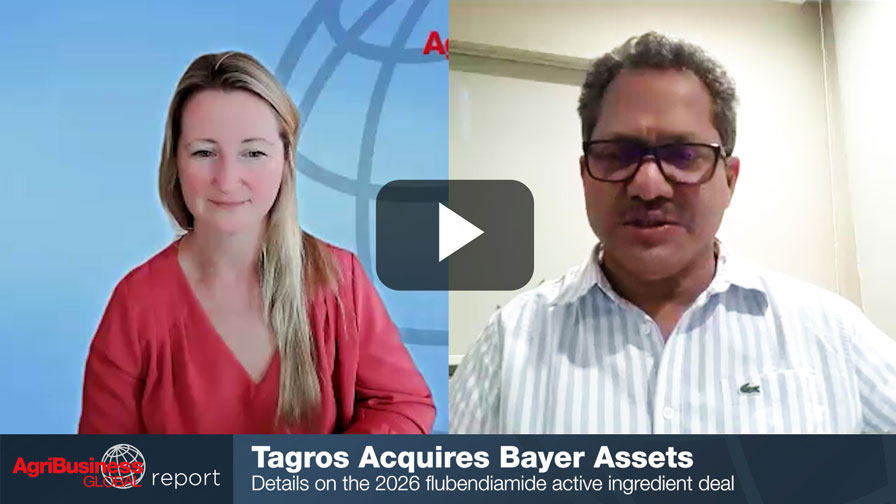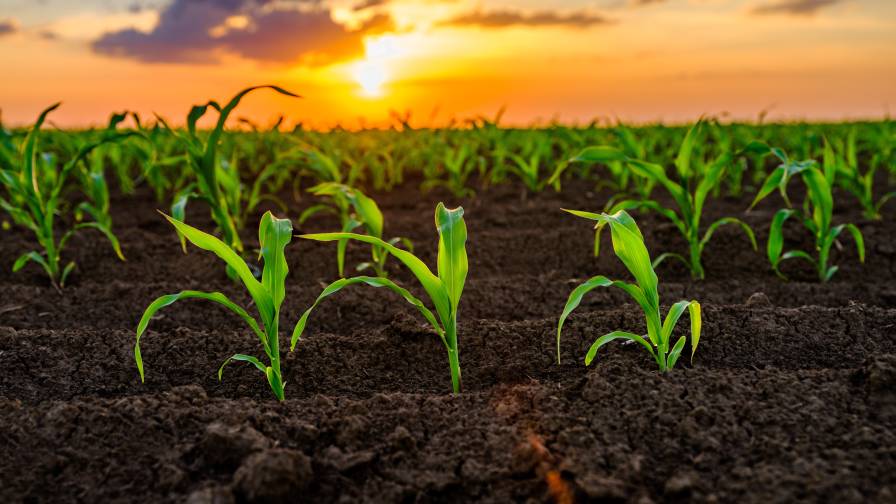China Rising
It’s a new world order. Almost 20 years after US President George H.W. Bush first used this Orwellian phrase to discuss political stability in the Middle East, UK Prime Minister Gordon Brown confidently echoed the saying last month to describe financial stability around the world.
The first President Bush used “new world order” to define a post Gulf War era that sought to diffuse tensions and to limit weapons proliferation in the Middle East. Interestingly, Brown used it limit the proliferation of what is widely viewedas another destructive force: US-style capitalism.
As the world begins to rebound from the brink of financial turmoil, there appears to be a pervasive global resentment for the culprits of this economic malaise that the mainstream media so freely calls the worst global economy since The Great Depression. That sentiment was vividly apparent at the recent G20 Summit, where France and Germany led the campaign to overhaul the global financial system to include more government regulation and a larger role for international institutions in emerging markets. The US and China advocated more government stimulus instead of a systemic change of the way financial systems operate.
But in the end, France and Germany succeeded by placing stricter rules on hedge funds, credit rating companies, executive pay and extreme risk-taking. But on a philosophical level, the change was much more profound. G20 leaders signed a statement that basically blamed the current economic crisis on free capitalism, and they pledged to impose stronger government oversight to avoid a repeat of the current crisis.
That philosophical shift is perhaps the biggest fundamental change to global financial markets in modern history, and G20 leaders ushered in this new world order amid a pervasive global fear that allowed power to be consolidated without much scrutiny. But it has been celebrated everywhere except in the US, where many think President Obama forfeited America’s importance in the world to accumulate the international influence that he will need during the remainder of his term.
And though China resisted the changes to preserve loose regulations in Hong Kong and Macau, the G20 endowed China with newfound sway with the International Monetary Fund and a new Financial Stability Board established to unify regulators.
China responded by contributing $40 billion to the IMF’s rescue fund, a sign it is willing to accept a larger leadership role in the world. Closer to home, the Chinese government said recently that it will continue its policy of making large loans to state-affiliated enterprises to help them meet growth projections. Some of these companies reside in the agrochemical sector, where the industry is poised for consolidation.
Just as global financial markets are positioned for a new world order, this issue’s China Report reveals a growing sophistication of Chinese manufacturers that are eager to expand domestically and into top-tier markets.
Many trading partners have already acknowledged the transformation with more contracts for toll manufacturing and increased sales of branded products instead of technical material.
Larger companies are embracing the automation and corporate culture that allow them to be successful in the global marketplace. And it appears that China is finally starting to live up to analysts’ predictions that the country will emerge as a global power in the first half of the century.
The only questions are how quickly the new world order will take root among agrochemical companies, and whether the current economic situation will progress into the bleakness the world experienced in 1930s. This time, we won’t have free markets to save us.






